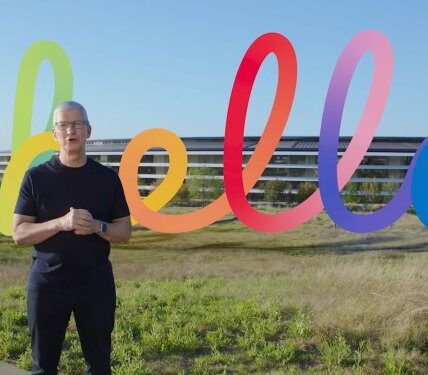The Largest Car Makers Unite Against Electric Vehicle Competition
In a move that has sent shockwaves through the automotive industry, Japanese car makers Honda and Nissan have announced plans to merge. The two companies, which will create the third largest car maker by sales behind Toyota and Volkswagen, have signed a memorandum of understanding to establish a joint holding company.
A Desperate Move Against Rival Brands?
The merger comes as no surprise, given the growing competition from rival brands in the electric vehicle (EV) market. Honda and Nissan are struggling to keep up with companies like Tesla and China’s BYD, which have been making significant strides in the industry. The proposed merger aims to tackle this challenge by bringing together the resources, knowledge, and talents of both companies.
Mitsubishi Motors Joins Talks
According to reports, Mitsubishi Motors is also in talks with Honda and Nissan to join the integration. A decision on whether to proceed with the deal is expected by the end of January. If successful, the merger could result in an entity worth over $50 billion, making it one of the largest car makers in the world.
Initial Plans and Timeline
Honda will initially lead the management of the merged company, according to Honda president Toshihiro Mibe. The aim is to complete a formal merger agreement by June 2026 and finalize the deal by August 2026. The proposed merger is expected to create new mobility value by bringing together the resources and technologies developed over the years by both companies.
Challenges Ahead
While the merger aims to overcome the challenges faced by the auto industry, including environmental shifts, it also comes with its own set of challenges. Ex-Nissan boss Carlos Ghosn has described the deal as a "desperate move" by Nissan and questioned the practicality of merging two companies with different strengths.
Benefits for Customers
Nissan CEO Makoto Uchida believes that uniting the strengths of both companies will deliver unparalleled value to customers worldwide. He sees the merger as an opportunity to create a unique way for customers to enjoy cars, which neither company could achieve alone.
Why is this Merger Necessary?
The auto industry is undergoing significant changes, driven by the shift towards electric vehicles and increasing global competition. Companies like Tesla and BYD are rapidly gaining market share, forcing traditional car makers to adapt quickly. Honda and Nissan’s merger plans are a response to these changing times, aiming to create a more competitive entity that can take on the challenges of the EV market.
A Closer Look at the Proposed Merger
The proposed merger will establish a joint holding company, which will oversee the operations of both Honda and Nissan. The deal is expected to result in significant cost savings and improved efficiency, enabling the merged entity to invest more in research and development.
Potential Synergies
While ex-Nissan boss Carlos Ghosn has questioned the practicality of merging two companies with different strengths, there are potential synergies that can be achieved. By combining resources, knowledge, and talents, Honda and Nissan can create new technologies and products that can help them compete more effectively in the EV market.
Implications for Employees
The merger plans have sent shockwaves through the industry, with many employees worried about their future. Thousands of jobs are at risk as a result of the deal, according to reports. Nissan has already announced plans to lay off thousands of workers in response to declining sales and profits.
Conclusion
The proposed merger between Honda and Nissan is a significant development in the automotive industry. While it comes with its own set of challenges, including potential job losses, it also presents opportunities for growth and innovation. If successful, the deal will create one of the largest car makers in the world, better equipped to take on the challenges of the EV market.
Frequently Asked Questions
- What is the proposed merger between Honda and Nissan?
- The merger plans involve establishing a joint holding company that will oversee the operations of both companies.
- Why are Honda and Nissan merging?
- The two companies are struggling to keep up with rival brands in the EV market and aim to create a more competitive entity by combining resources and knowledge.
- What are the potential benefits for customers?
- The merger aims to deliver unparalleled value to customers worldwide, creating new mobility value through the combination of resources and technologies developed over the years.









